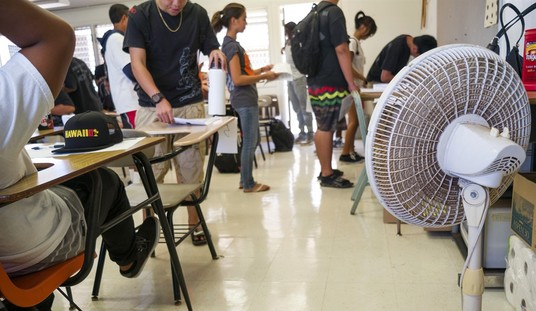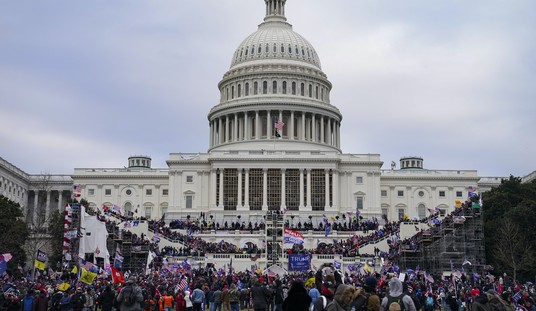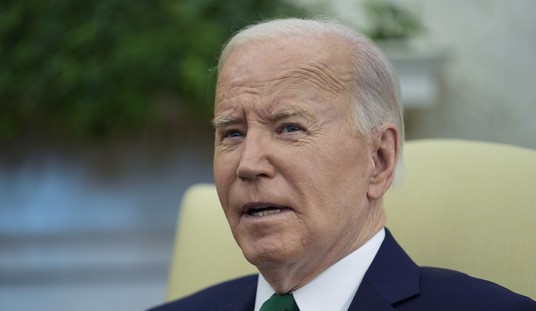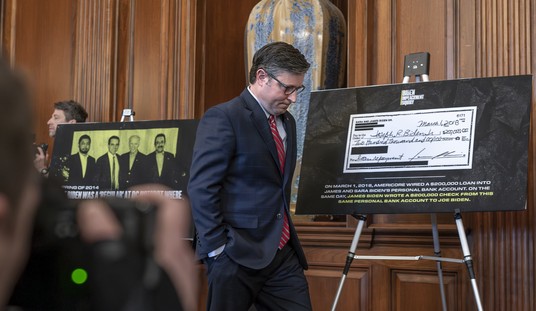The “anti-free trade” label is these days blithely thrown around a lot. Mostly at President Donald Trump – and people who agree with him and his desire to revamp how we’ve long done trade.
Mostly by people who blithely accept getting royally ripped off in the one-sided “free” trade deals we’ve long been cutting.
We objectors actually very much like actual free trade. Where each party treats all other parties equally – with less government and justice for all. However, in very few instances are those the types of trade deals to which we’ve agreed.

We get our government out of the way of other nations’ products. While allowing other nations to tax and other wise impede our products. We (mostly) keep the government out of our internal production for export. While other nations subsidize the daylight out of theirs – which obviously affords them a gross, distorted advantage on the world market.
Allowing any of this at all was stupid. Allowing all of this repeatedly, serially for decades – was titanically so. What it wasn’t – was free trade.
And how do we make these bad deals even worse? Not enforce them when other nations violate the terms.
To wit: Mexico. We have bizarrely agreed to really bad deals with our southern neighbor on, amongst other things, sugar. Mexico is the biggest sugar importer into the United States.
But the Mexican government subsidizes their sugar like crazy. Which obviously entices Mexicans to grow way too much sugar. Which in turn obviously overloads the global market. Which when we import that glut of subsidized product – obviously damages our domestic producers.
Then in 2013, as if to rub our noses in it, Mexico – in violation of our existing agreement – dumped two million tons of their subsidized sugar on us. Further damaging our domestic producers.
Th U.S. International Trade Commission ruled in 2014 that Mexico was in fact dumping – in violation of our agreement. And that: “domestic sugar producers are materially threatened by low cost imports of subsidized Mexican sugar into U.S. Markets., The commission’s vote was 5-0.”
Did that unanimous ruling stop Mexico? Of course not.
Trade Commission Finds More Evidence that Mexico May Be Dumping Sugar into U.S.: “The report, titled “Sugar from Mexico,” was issued a month after the (International Trade Commission) ITC determined that there was a ‘reasonable indication’ that U.S. sugar growers, millers and refiners have been injured as a result of sugar imports from Mexico sold in U.S. at less than fair value….(By ‘underselling’ domestic sugar and increasing import volume, Mexican sugar importers ‘depressed domestic prices to a significant degree.’”
Is Mexico STILL cheating on our bad deal? Of course they are.
That weird noise you hear – is Ross Perot’s “Giant Sucking Sound.” As the entirety of our domestic production gets siphoned away.
How do we know this will happen? Because the European Union suffered the same fate a decade ago: “(T)he European Union (EU), which supplied as much as 20 percent of global (sugar) exports in the 1990s, shifted from a net exporter to a net importer following sugar policy reforms in 2005. Their reforms? Unilateral tear-down of their trade barriers – which sounds good. Except it allowed Big Sugar Subsidy Brazil ($4+ billion in subsidies per year) to flood their market – and wipe out nearly all domestic (EU) production. And now the EU is paying about 25% more for sugar.”
The EU has spent the last ten years slowly, expensively rebuilding its domestic production. Let’s learn from their massive mistake – not repeat it.
Bad though they are, we have existing trade deals with Mexico – which they continue to violate. Let’s enforce what we have on the books.
And then write some new pages.
Pressure Is on Mexico to Reach a New Sugar Deal
And in that deal let’s make sure that Mexico matches our less-government-interference fervor. Better still – let’s reduce the government interference on both sides even more than that.
Because the less government interferes – on ALL sides – the freer the trade actually is.













Join the conversation as a VIP Member